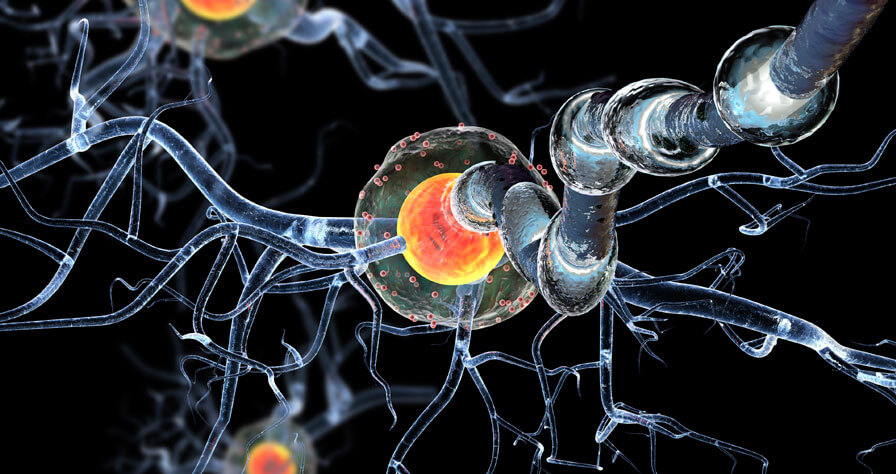Prevention and Treatments for Dementia

Dementia isn’t a specific disease. It’s a term for a set of symptoms associated with decreased memory and declining cognitive skills that are serious enough that it affects a person’s ability to perform the actions of everyday living. The most common form of dementia is Alzheimer’s disease. Approximately 60-80% of dementia cases are Alzheimer’s.
Contrary to what was previously a widely held belief, significant memory loss is not “part of normal aging.” It’s a medical condition like any other. Research by scientists on how to prevent dementia is ongoing and doctors continue to learn more about dementia prevention from the studies performed.
Dementia Prevention Techniques
According to the Alzheimer’s Organization, there are many things you can do to reduce your risk of developing dementia and Alzheimer’s disease.
- Physical Activity. Exercising, such as walking, three or more times a week has been shown to reduce dementia risk.
- Avoid smoking. Smoking damages the heart and brain and contributes to the shrinking of the brain and increases dementia risk.
- Alcohol. Data shows a moderate amount of alcohol intake may reduce the risks of dementia, but regular over-consumption can triple the risk of dementia.
- Sleep. Regular, quality sleep reduces the risk of developing dementia.
- Diet. Reducing certain vitamin deficiencies and following an anti-inflammatory diet may reduce the development of dementia.
Dementia Treatment Options
Currently, dementia cannot be cured. However, there are different types of dementia treatments including medication and therapies.
Avoid These Medications
- Benzodiazepines. These medications are often used to treat anxiety and sleep, but have been shown repeatedly to increase a patient’s risk of cognitive impairment and development of dementia. Patients who took these medications for more than six months increased their risk of dementia by as much as 80%. These medications include Xanax (alprazolam), Ativan (lorazepam), Klonopin (clonazepam) and Valium (diazepam).
Dementia Medication
Dementia treatment drugs that can improve symptoms include:
- Cholinesterase inhibitors. These drugs increase the amount of a chemical messenger in the brain that affects memory and decision making.
- Memantine. Sometimes used along with a cholinesterase inhibitor, memantine helps control the activity of another chemical messenger called glutamate.
- Additional medications. In some cases, other drugs are used to address specific symptoms or other conditions associated with dementia such as sleep issues, depression, agitation, and hallucinations.
Dementia Therapy
Therapies that can be used to manage certain dementia symptoms and behaviors include:
- Creating a simpler living space. Removing clutter and decreasing noise levels helps people with dementia function more effectively. Preventing access to dangerous items like knives is also important.
- Speech therapy. Speech therapists can help with memory techniques and cognitive tasks that become challenging when dementia develops. Segmenting tasks. Dividing tasks into smaller segments enables people with dementia to stay focused and be more successful.
- Occupational therapy. Occupational therapists help families make their homes safer, understand how best to interact with someone who has dementia and manage their behavior.
Natural Dementia Treatment & Prevention Techniques
The use of herbal remedies, dietary supplements, and certain foods to prevent and treat dementia have become increasingly popular. However, it’s important to note that little scientific research has been performed on these offerings, so you should be careful about using them if you choose to do so.
Natural Dementia Treatment & Diet
Some of the vitamins and supplements used to treat dementia include:
- B Vitamins. B3, B6, B12 and Folic Acid. Some research indicates that those taking a B supplement vitamin are less likely to develop dementia.
- Vitamin E. Research has shown patients with dementia taking vitamin E have a slower progression of symptoms.
- Omega-3 fatty acids. Some research has linked a high intake of omega-3s with a possible decrease in dementia risk and cognitive decline.
- Vitamin D. Some research shows persons with lower levels of vitamin D have worsened cognitive function.
Learn More About Dementia Treatment and Prevention with the Baptist Health Blog
Keep learning about dementia prevention and treatment from Baptist Health’s blog.
 Special thank you to Mikal Bailey, PA-C | Neurology for contributing to this post. For appointments call, 270.415.4800.
Special thank you to Mikal Bailey, PA-C | Neurology for contributing to this post. For appointments call, 270.415.4800.



